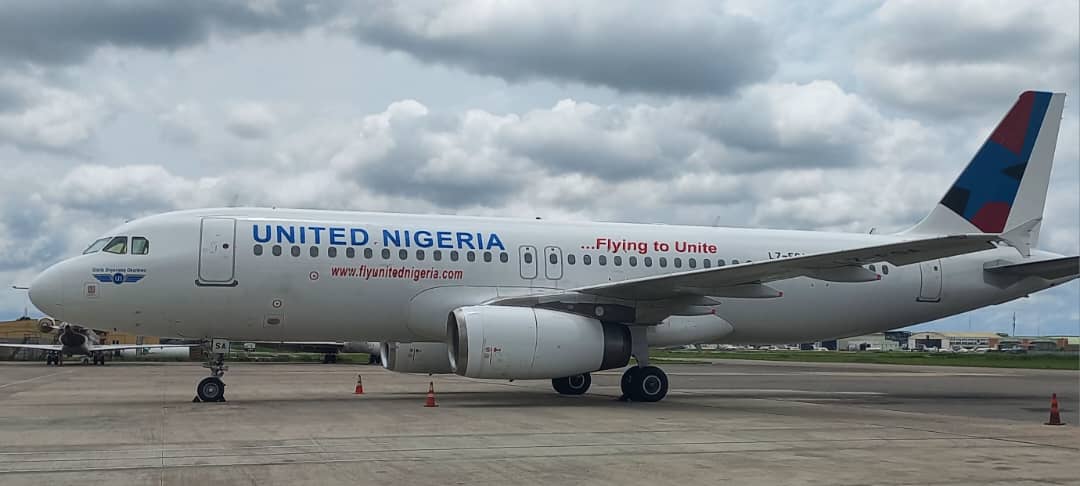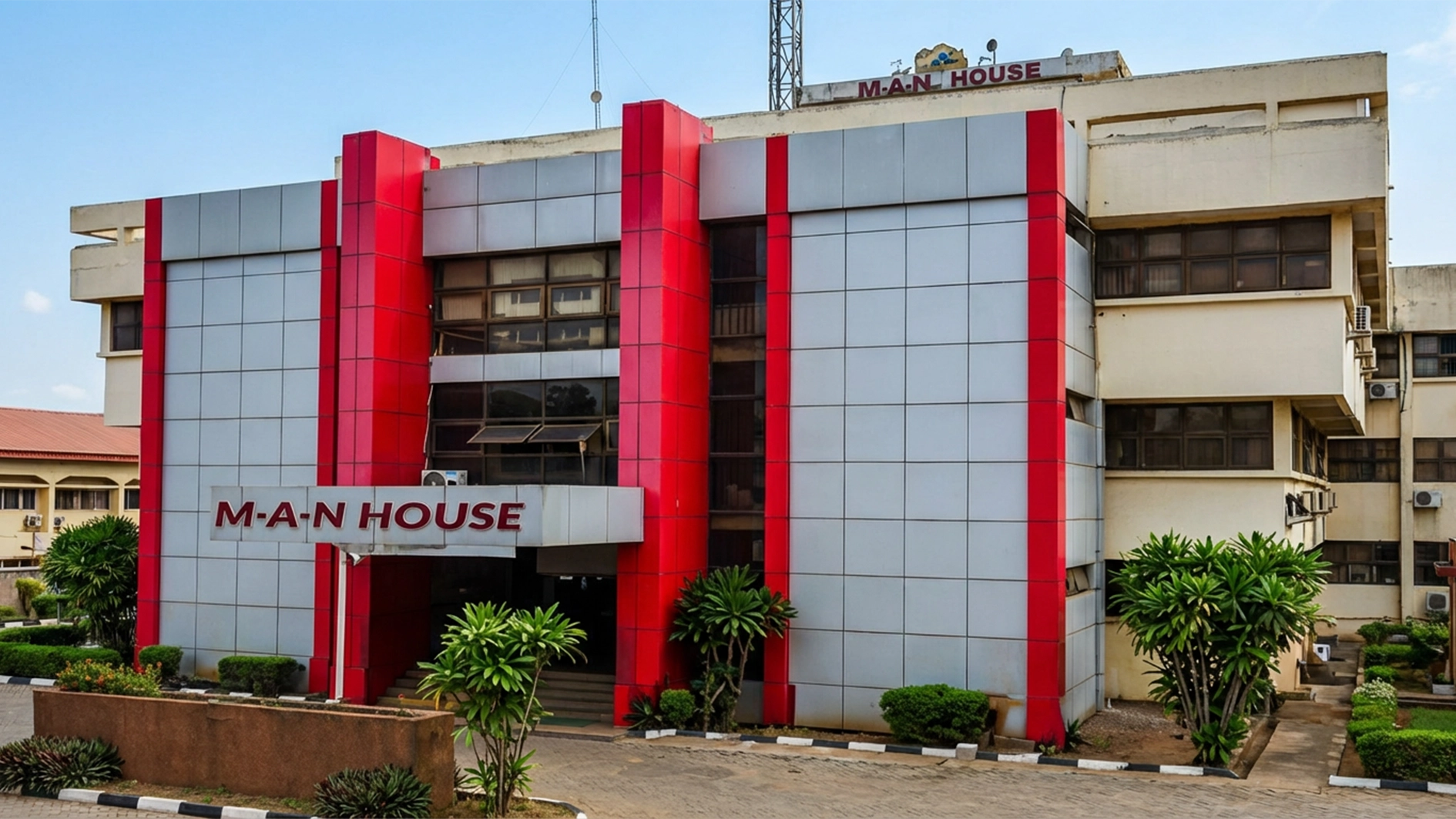Quality, transparency and poor infrastructure have been listed as factors hindering the efficiency of Nigerian ports.
This was disclosed at a stakeholders’ roundtable on ‘Digitalising Customs, Ports Operations and Trade in Nigeria’ organised by Welcome 2 Africa International.
Chief Executive Officer, Welcome2Africa International, Bamidele Owoola, emphasised the need for infrastructural investment as a solution to the challenges in the maritime sector.
“Trading across Africa is a challenge. Customs are meant to be enablers of trade but the reviews we are getting show them almost as barriers and that needs to change,” she said.
She stated that with a GDP of $432.3 billion and a market of 206 million people, Nigeria presents the largest trading potential in Africa. “If we can trade efficiently and increase direct trade with neighbouring countries, we will increase Nigeria’s GDP and improve the economy,” she said.
Owoola said that impediments to Nigeria’s trade potential lie at ports and customs ranging from import/export processes delays, analog operations, mistakes, corruption, traffic congestion, and poor access roads to security concerns.
She noted that the discussion aimed to advocate for the total digitisation of customs port operations and trade processes in Nigeria by exploring the current status, challenges, investments and solutions required to overcome the bottlenecks associated with customs, port operations and trade in Nigeria along with opportunities that could be derived from the implementation of AfCFTA.
Nigeria’s representative, the Maritime Anti-Corruption Network, Soji Apampa, noted that for Nigeria to explore the African Continental Free Trade Area (AfCFTA), its products should be of international standards, speed up the export process and protect its borders against substandard goods.
“If you can bribe at the ports, then you have lost it already. After a while, your country becomes the dumping ground for substandard goods. They will sell to us at a high price what they can’t sell to other countries and your people will be blacklisted in other countries for bringing substandard things,” he said.
According to him, Nigeria needs standard operating procedures that can be deployed speedily, efficiently and effectively, which can be done through digitalisation.
On creating velocity and increased revenue in the ports, Apampa said, “Transparency of the standard operating procedures, consistency of their application, where all regulators and channels are insisting on the same thing. At the end of the day, what all businesses are looking for is the predictability of time and cost.”
He noted that the government could ensure business growth by setting standards and ensuring its implementation.
He urged the government to establish regulation structures that would produce standard-setting, information gathering around compliance and behaviour modification and leave the rest to the private sector to push the trade.
Deputy Director, Policy and Strategy, the Nigerian Export Promotion Council, Akintunde Folorunso, said that AfCFTA would set an important milestone in achieving an economically integrated continent, covering the GDP of 2.7 trillion and expanding market access within African states by eliminating trade barriers.






